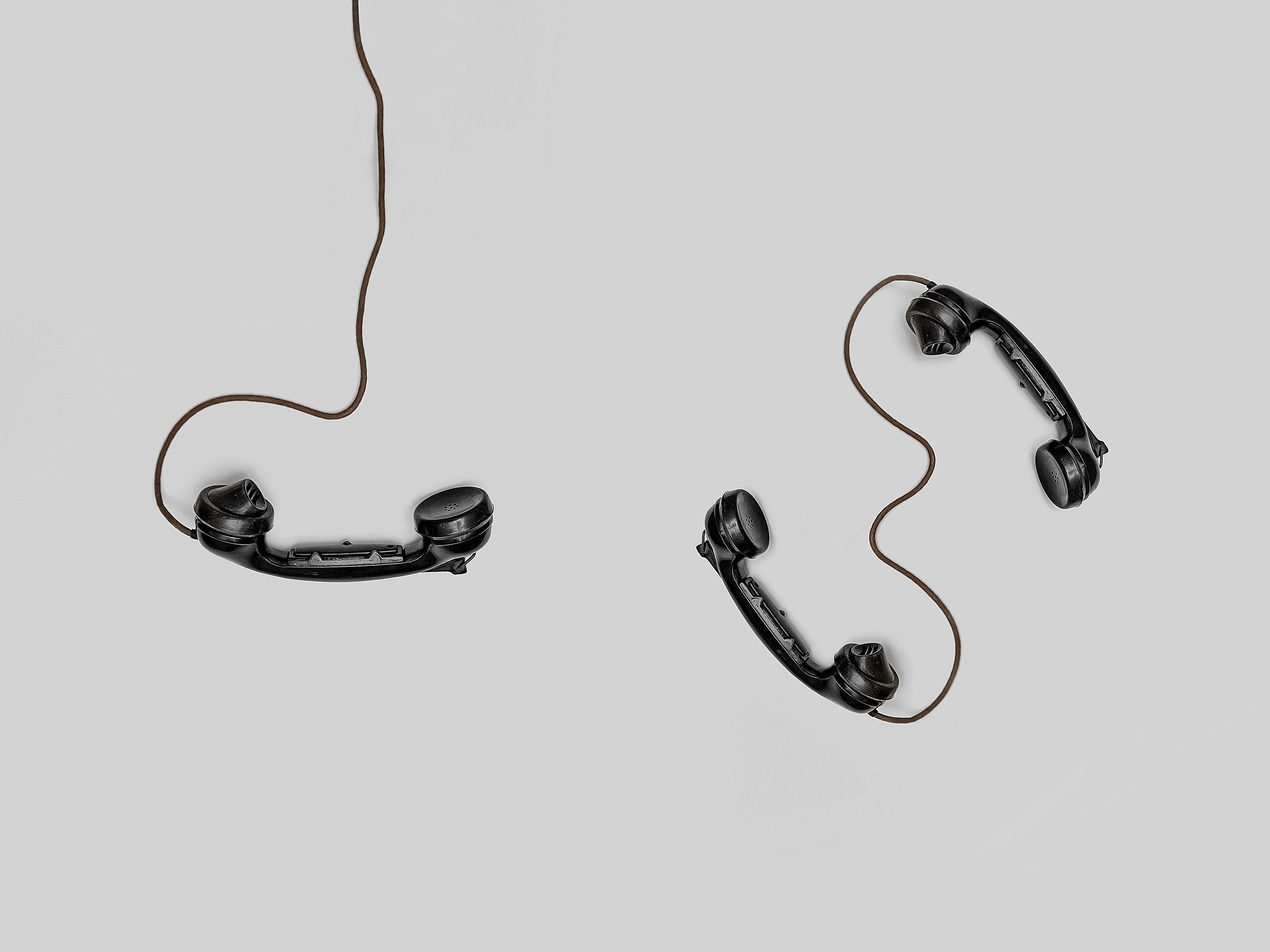Communicating effectively is possible, but not unless we’re aware of the secret that makes all the difference between being heard and acknowledged, or being misunderstood and rejected.
When we learn this secret, we can maximize the possibility of a good response. Without this secret, we’re doomed to frustration, as our attempts at expressing ourselves become an exercise in futility.
The secret to effective communication is found in the root of the word, “communicate,” which means to commune, or come together.
If we want to be understood and get our needs met, we have to be on the same page as the person or people we’re trying to communicate with. And there, as they say in Shakespeare’s Hamlet, is the rub.
The truth is, we can’t always find a way to come together with others. Sometimes, no matter what we do, we won’t be able to create the circumstances in which effective communication is possible.
The secret to effective communication is in recognizing those people with whom we’re most likely to be able to communicate and those with whom we’re least likely to be able to communicate.
We have to see that for effective communication to take place, both the speaker and the listener must do their part.
The speaker must state their point clearly and simply, in order to maximize the possibility that they’ll be understood.
Also, they shouldn’t bring up too many points at one time, in order to avoid the risk of confusing or alienating the other person.
Still, no matter how clear, simple and succinct the speaker is, effective communication won’t happen unless the listener is open to hearing what’s being said.
If we’re fairly certain that the other side is resistant, unreasonable, or even hostile, it’s much less likely that we’ll be able to make our points known and get our needs met.
When dealing with an unwilling listener, the only two options would be to 1: try to overcome the other party’s resistance, encourage a more reasonable attitude or soothe their hostility toward us; or 2: walk away and look for someone more amenable to communication.
For effective communication to happen, it’s essential that the listener is open to receiving the message, and willing to accommodate the needs of the speaker. Knowing this secret will spare us a whole lot of frustration.
For effective communication to happen, speaking well is a necessity, but it’s not sufficient. The other person must be receptive to our words.
Without a willing listener, we can speak as eloquently and persuasively as possible, but ultimately, we’ll just be wasting our breath.
Sign up here for my free biweekly wellness newsletter that brings you fresh, thought-provoking content.
Subscribe to my YouTube Channel to watch my series Moving into Autumn with Good Self-Care, where you’ll learn simple tips for taking the best care of yourself and your loved ones this fall season.
Tune in to my Ruthless Compassion Podcast where I go in-depth about topics like mental health, trauma, and loneliness.


